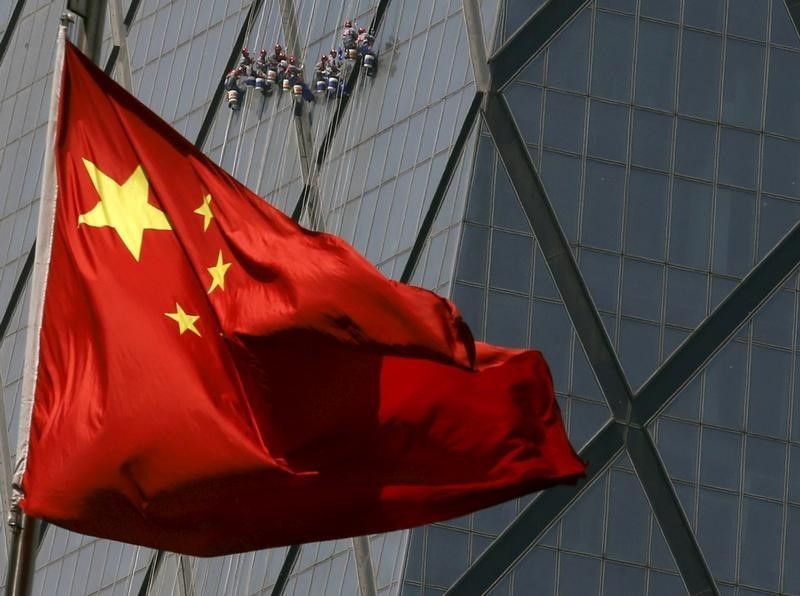Street Calls of the Week
By Philip Wen and Peter Gosnell
BEIJING/SYDNEY, March 26 (Reuters) - Chinese authorities have blocked an Australia-based academic from boarding a flight home, Australia said on Sunday, after what sources said was repeated interrogation over his links to liberal intellectuals in mainland China.
The case of long-serving University of Technology Sydney (UTS) associate professor Feng Chongyi comes just as Chinese Premier Li Keqiang winds up a five-day official visit in Canberra and Sydney espousing free trade and closer economic ties between Australia and China.
Feng, who is an Australian permanent resident but retains his Chinese passport, entered China three weeks ago.
He was first held for questioning in Kunming, the provincial capital of southwestern Yunnan earlier this week, before being barred from boarding a flight to Sydney at Guangzhou's international airport on Friday morning, two sources familiar with the situation told Reuters.
He is travelling with his wife, who is an Australian national.
Having subsequently requested help from Australian authorities, Feng felt confident his case had been resolved and he would be free to travel, one of the sources said. But he was again notified he was on a no-fly list when attempting to board a second flight home late on Saturday.
"The Australian government is aware that a UTS professor, who is an Australian permanent resident, has been prevented from leaving China," a spokesperson for the Department of Foreign Affairs and Trade said on Sunday.
"According to the Australia-China consular treaty, the Australian government is able to provide consular assistance only to Australian citizens who have entered China on their Australian passport."
China's Ministry of Foreign Affairs and Ministry of Public Security did not immediately respond to requests for comment.
Feng, who was head of China Studies at UTS for 11 years, is well-known in academic circles for his research into contemporary politics, the growth of rights consciousness and democratic forces in mainland China.
He has been vocal in the Australian media over what he and numerous fellow China experts consider Beijing's increasing attempts to influence Australian politics and exert control over Chinese-language media.
For research into his academic work, the sources said, Feng had been meeting fellow academics, intellectuals and rights lawyers in Beijing and other cities in mainland China, before he was picked up at his hotel in Kunming by provincial state security and taken away to another hotel and questioned for three hours.
After travelling to Guangzhou to board his flight to Sydney, he received a call from the same state security officers informing him they had followed him to Guangzhou, the sources said. They arranged to meet and Feng was questioned for another three hours over who he met while in Beijing and who his contacts were in Australia.
It is understood that, as of Sunday morning, Feng remained free to move around within mainland China and had not been physically detained.
Since coming to power, President Xi Jinping has presided over a sweeping crackdown on dissent that has seen hundreds of rights lawyers detained or questioned, sending a chill through intellectual, academic, art and journalist circles.
But Feng's ordeal represents a rare, if not the first, instance of a prominent foreign-university academic being subjected to the same treatment.
It comes despite UTS having set up an Australia-China Relations Institute which says it has an unabashedly "positive and optimistic" view on bilateral ties.
